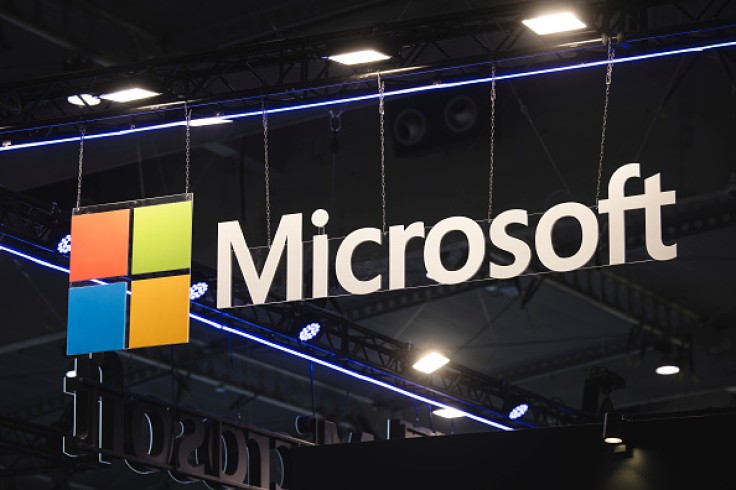Microsoft has had a busy 2023 with all its updates and launches recently. Now, they plan to roll out an accessibility assistant for Microsoft 365, which helps creators with preventing software issues as well as correcting them.

Microsoft Toward Accessibility
When it comes to assistance and prevention regarding accessibility issues, the new assistant will offer better defaults and real-time remediation, as well as clear guidance. In addition to that, the company will also release 3D attachments for the Surface Pen through Shapeways.
The attachments are already available for the Business Pen and the Classroom Pen 2, and it will make it easier for people with limited mobility so they can use the peripherals on their Surface devices, as mentioned in Engadget.
Microsoft has also added 13 new African languages for its translator, which includes Yoruba, Hausa, and Igbo. In total, the software giant now supports 125 languages for text-to-speech and allows users to have multi-language conversations in real time.
This can assist users for those with impaired hearing by translating language they can encounter with what they encounter every day like menus, street signs, websites, documents, and more as they navigate their environment.
There are also added features in the Azure platform with the same intention of assisting with accessibility. Microsoft's Seeing AI app will be AI-driven and will use the power of Azure to be of service to those who are blind or has low vision.
Collaborating with Haleon, the company added 1,500 new products to the Seeing AI code library, which will help someone who is visually impaired maneuver through spaces with the help of spatial audio cues.
Windows 11 has also seen some improvements with its built-in screen reader called Narrator. It will now support more Braille displays. Users can now interact with Narrator as it enables speech navigation to access Microsoft apps in Windows 11.
Microsoft's Vision
Microsoft stated that AI has the potential to enhance human cognitive abilities in thinking, reasoning, learning, and communication. But, progress with AI also comes with responsibilities, and so the company is using it to help with human needs, barriers, and capabilities.
To develop a better and more trustworthy AI, the company is using the Responsible AI Standard as a framework to guide them in building AI systems. Microsoft launched the framework to acquire feedback and contribute to discussions regarding practices and norms with AI.
Microsoft shared the Responsible AI Standard's pyramid of core components. It has Principles at the very top, Goals at the second tier, Requirements at the third tier, and then Tools and Practices at the very bottom.
Guided by core principles of development to work toward accessibility and disability inclusion, Microsoft's Speech Accessibility project aims to create the diverse speech data needed to make voice recognition technology more inclusive.
The company believes that accessible technology is a fundamental building block that will open the doors to more opportunities in every part of society. This will help with empowering people "people across the spectrum of disability."









